
Zhao Wei, Kris Wu, Zhang Zhehan: the Chinese stars hit by China’s entertainment crackdown and why, as new rules have the industry on edge – ‘now it’s best to lie low’
- From having their social media accounts shut down to being scrubbed from the internet, China’s film, TV and radio celebrities are feeling the crack of the whip
- The continuing witch hunt sees media and entertainment bloggers scouring celebrities’ pasts for anything that is not in line with the new government guidelines
The Chinese entertainment industry is on edge following a series of crackdowns on excessive fan culture, immoral stars, idol selection shows and TV series featuring “sissy male” idols.
Former Oriental Daily entertainment reporter Zhu Qirui, who has 6 million fans on his C-pop channel on Douyin, China’s TikTok equivalent, said the industry has become a minefield where any missteps, committed now or in the past, can lead to grave consequences.
Zhao Wei emerges in hometown after Chinese government censored her
“Anyone who is in the news now can easily attract public and regulatory scrutiny in such a heightened atmosphere,” he said. “Many programmes with sensitive content have been withdrawn from release.”
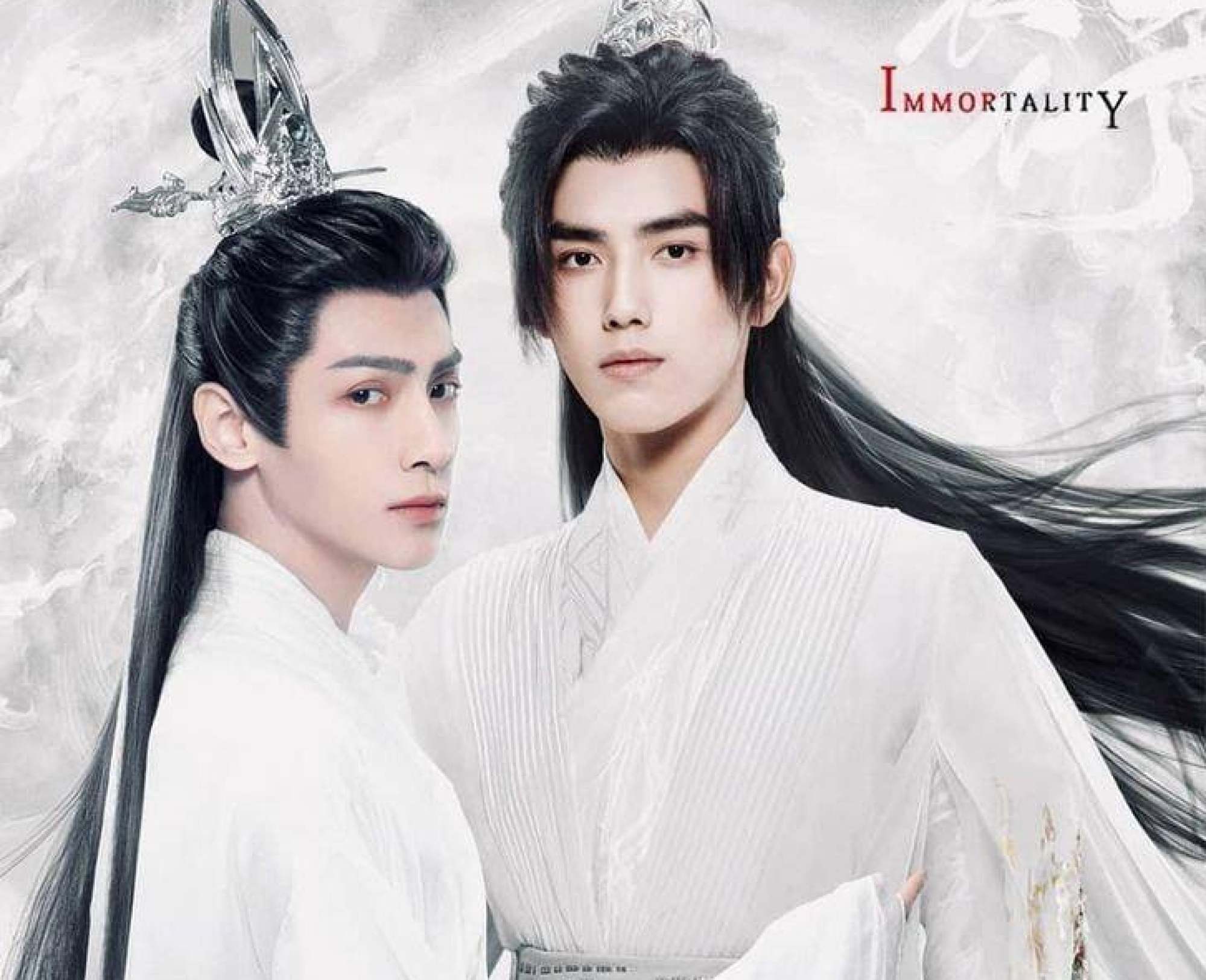
Although Chen Feiyu, one of Immortality’s two male leads and the son of movie director Chen Kaige, swapped his US citizenship in favour of a Chinese passport in July, his appearance in the show, and that of co-star Luo Yunxi, as beautiful, fair-skinned, effeminate-looking men, could easily see it fall foul to one of the points on a new government list which states that entertainment platforms should stay away from such “sissy idols”.
The list, released on September 2 in the form of an eight-point plan of action by the National Radio and Television Administration, called for “further regulation of arts and entertainment shows and related personnel”.
Point one stated that radio, TV and internet platforms should not employ entertainers and guests who have incorrect political stances, break laws and regulations, or speak or behave against public order and morals. The plan also banned idol selection shows, shows starring the children of celebrities, and the practice of paying high salaries to stars.
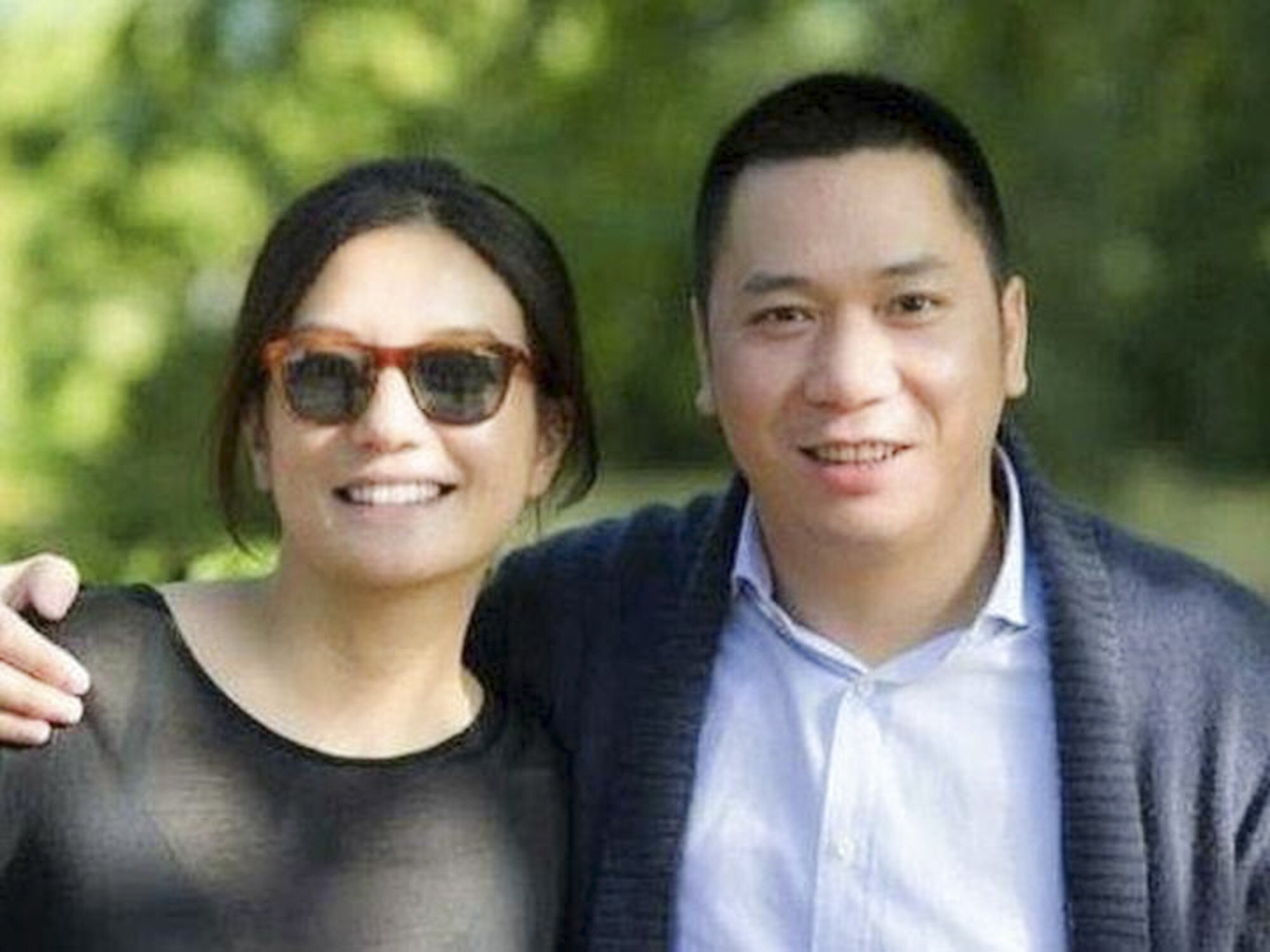
Several of the now-ostracised celebrities had committed no misdeeds since the release of the plan, but were punished because of past actions and speech. “Zhao Wei, who was scrubbed from the mainland Chinese internet last month, is one such star. The punishment she receives now is due to her past financial misdeeds,” Zhu said, adding that the widening crackdown was making the whole industry anxious.
In 2017, Zhao and her husband, Huang Youlong, were banned from China’s securities markets for five years for irregularities discovered after their company failed in a takeover bid for an obscure animation company. Separately, in 2001, Zhao had to apologise profusely after getting panned for wearing a dress bearing the wartime Japanese flag in a fashion shoot.
Her protégé Zhang Zhehan, who was an up-and-coming actor under Zhao’s agency, was revealed in August – around the time of the anniversary of Japan’s defeat in World War II – to have visited the Yasukuni Shrine in Tokyo in 2018.
The shrine, which commemorates Japan’s war dead, including war criminals, is a highly sensitive and potent symbol of Japan’s wartime legacy and a flashpoint for tensions in East Asia, in particular with China. Zhang was promptly booted out of the country’s entertainment industry.
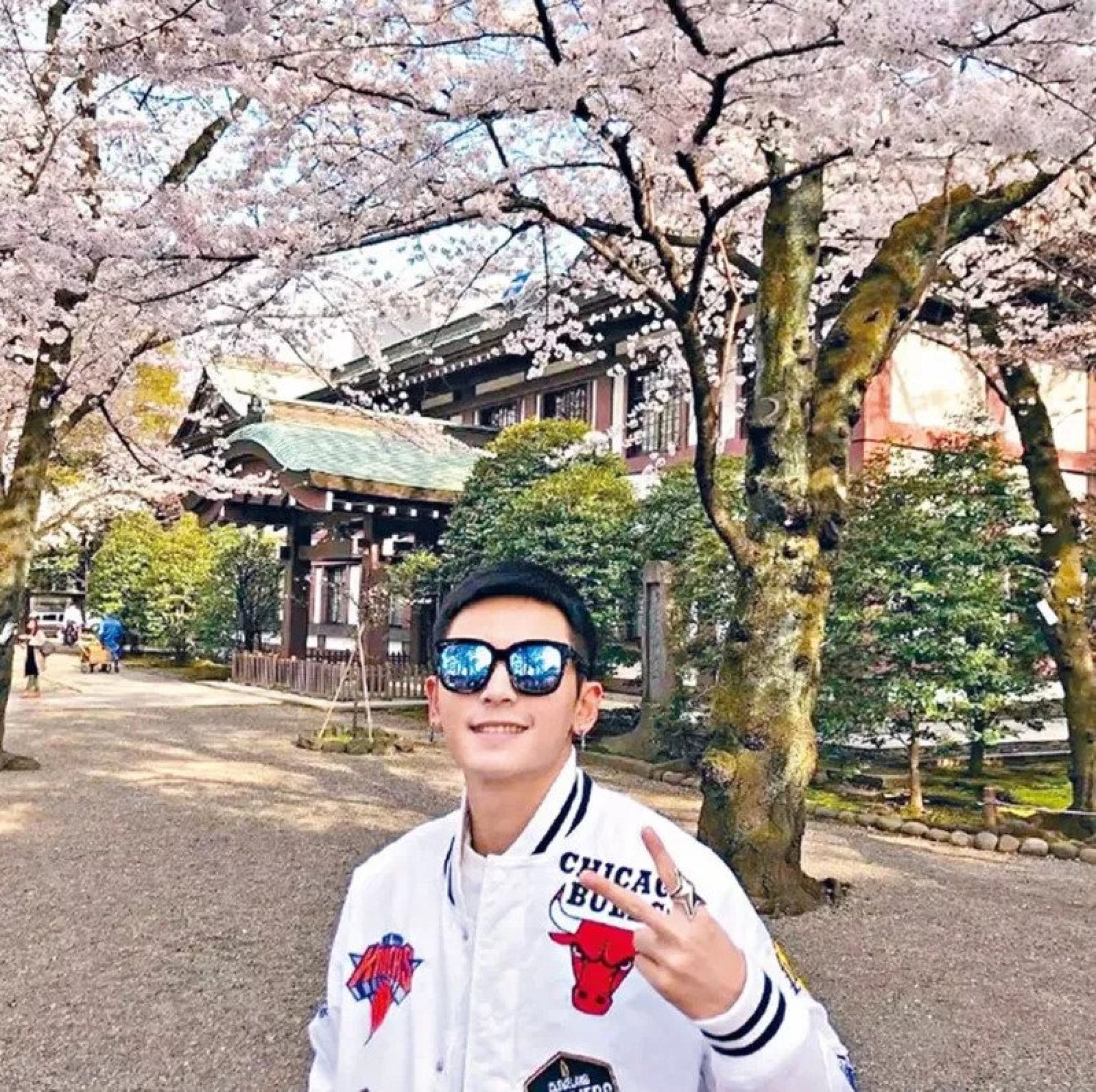
Another personality recently purged for past actions was writer and talk show host Gao Xiaosong, whose books and TV programmes were removed from the mainland Chinese internet.
In 2016, on his talk show programme Xiaosongpedia, Gao doubted China’s sovereignty over Taiwan. Beijing regards Taiwan as a renegade province that must be reunited with the Chinese mainland, by force if necessary. Gao also said the military officers honoured at the Yasukuni Shrine were not war criminals.
As the crackdown widens, stars who hold dual Chinese and overseas nationality have attracted public scrutiny. While the eight-point plan did not state anything about holding dual nationality, entertainment blogger Li Qiuhan says the issue concerns Chinese nationalism which, for some sections of the Chinese public, always touches a nerve.
“Those who hold overseas nationality are seen as hypocritical for earning money on Chinese soil,” Li says. “They are often the subjects of public calls for boycotts. Meanwhile, the public and the media cheer those who renounce their foreign nationality, holding them up as models.”
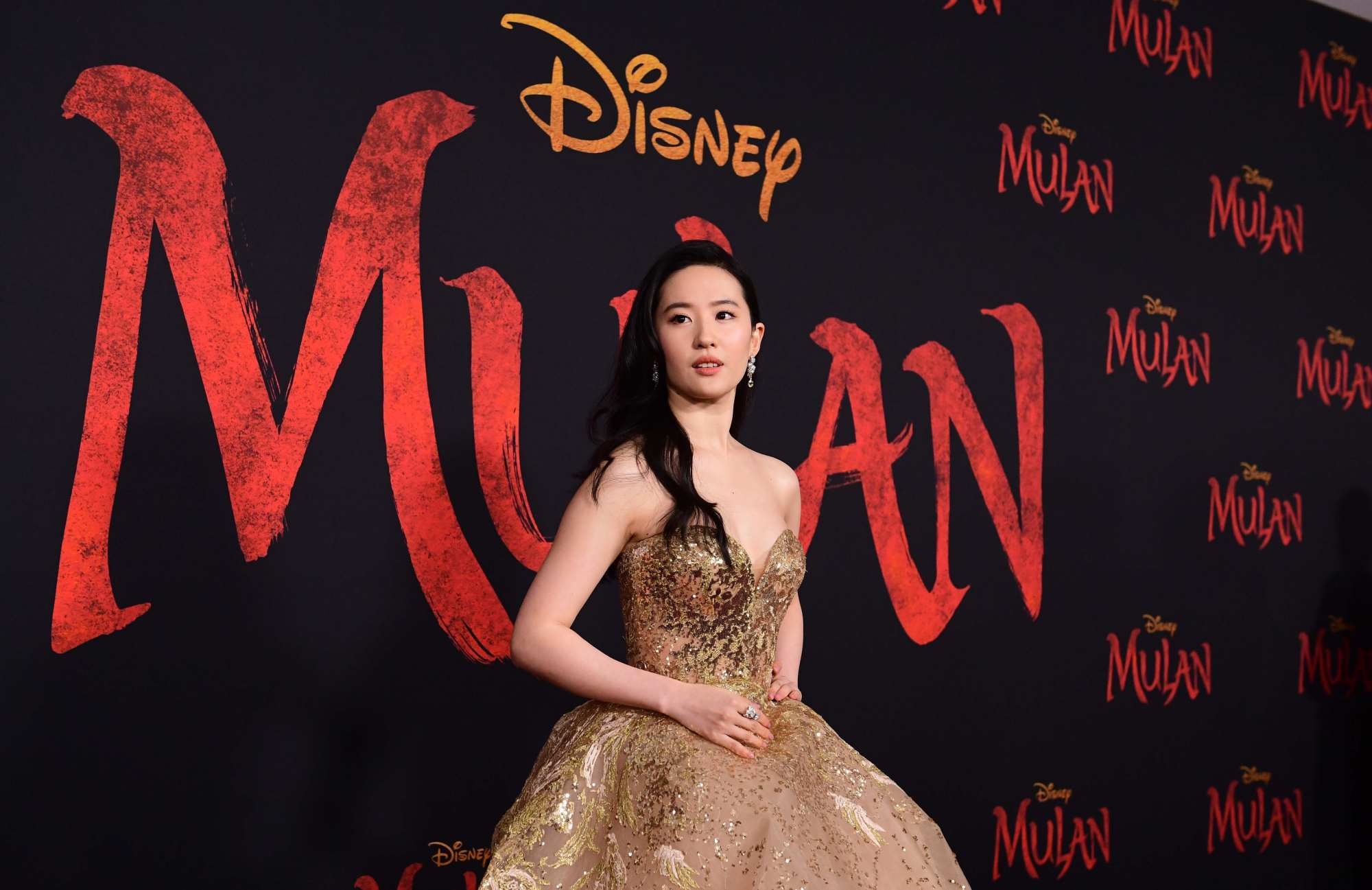
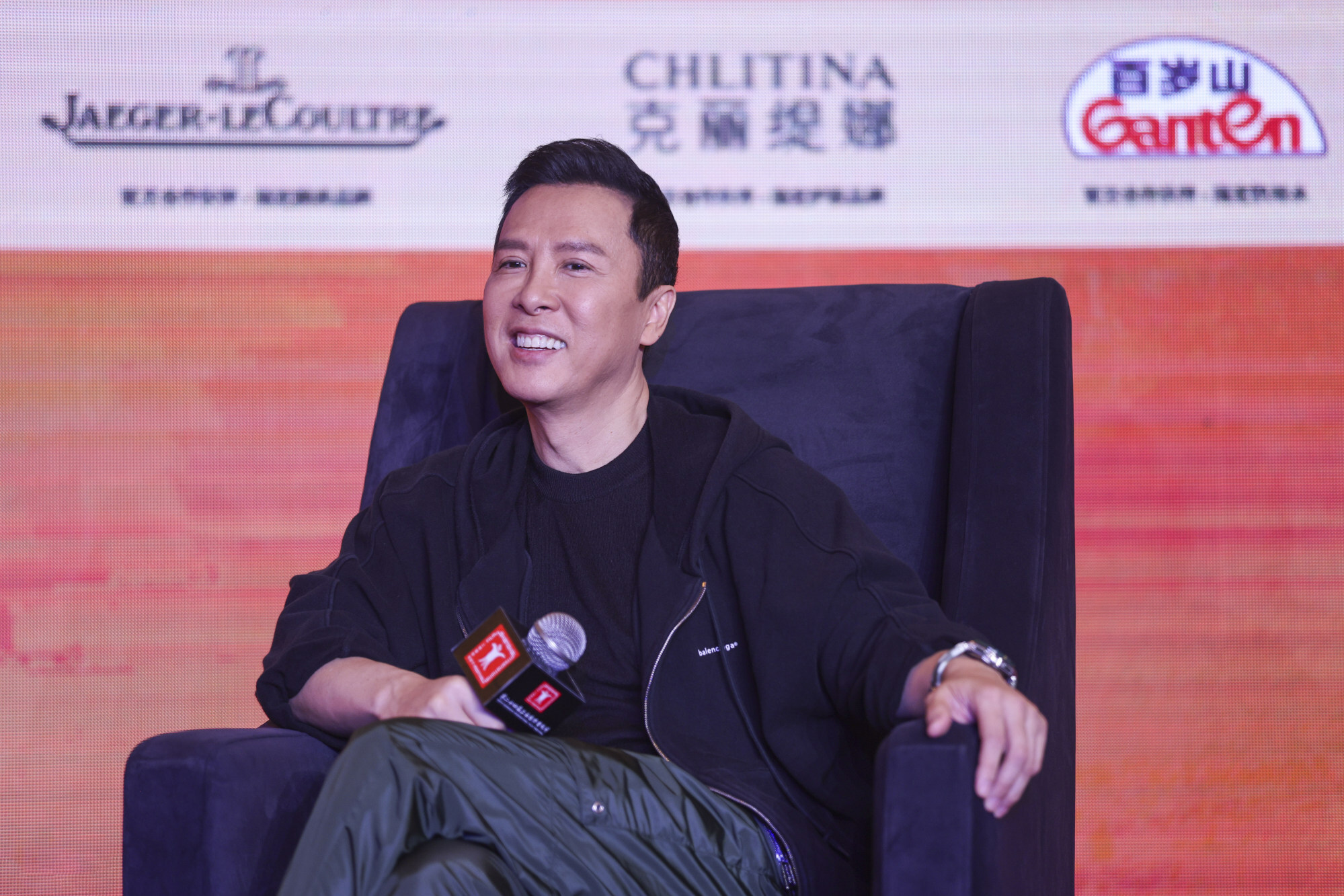
Being associated with Western brands perceived as insulting China also opens Chinese stars to criticism, Li Qiuhan said. “It’s best for them to stay away from those brands even though the incidents that got the brands in trouble happened a long time ago.”
Earlier this year, actress Wu Xuanyi attracted widespread media criticism when news that she had become the new brand ambassador for Versace was announced.
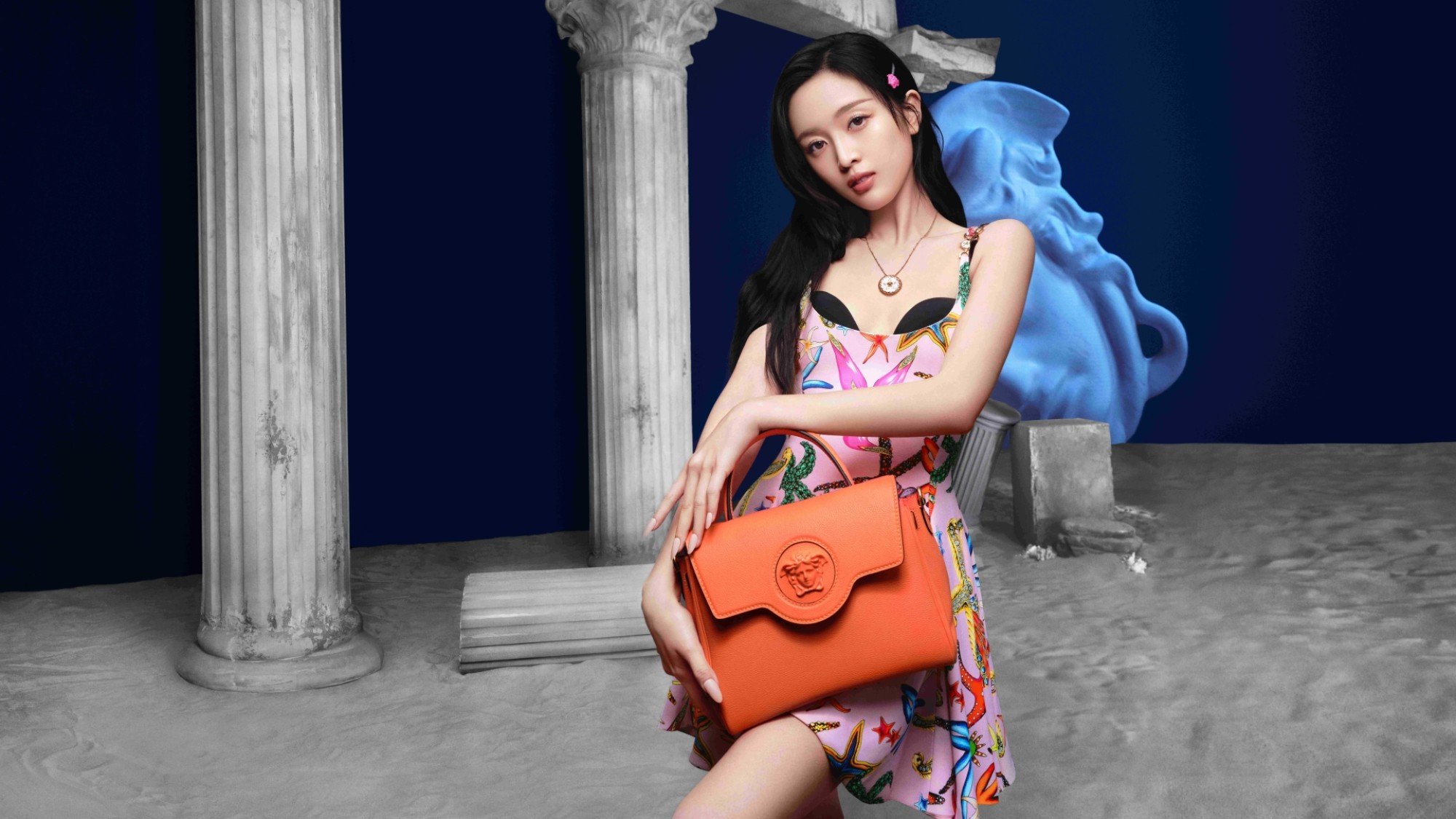
In 2019, singer Zhang Yixing, at the time a Samsung brand ambassador, cut ties with the South Korean electronics giant after it was revealed that the company’s website, in designating Taiwan and China as two different regions, did not adhere to the one- China policy. Actor Chen Kun attracted widespread criticism earlier in September when it was announced that he was the new brand ambassador for Samsung mobile phones.
As the witch hunt continues and the list of disgraced Chinese personalities grows ever longer, Chinese media and entertainment bloggers are scouring celebrities’ pasts for speech, behaviour and political stances that are not in line with the new guidelines, as well as their nationalities and brand collaborations, to unearth more targets for the government crackdown.
Zhu says celebrities, their agencies and production companies should be much more cautious now when considering brand collaborations, developing programmes and mapping out career paths.
“Now it’s better to lie low, avoid the limelight and err on the side of caution.”

